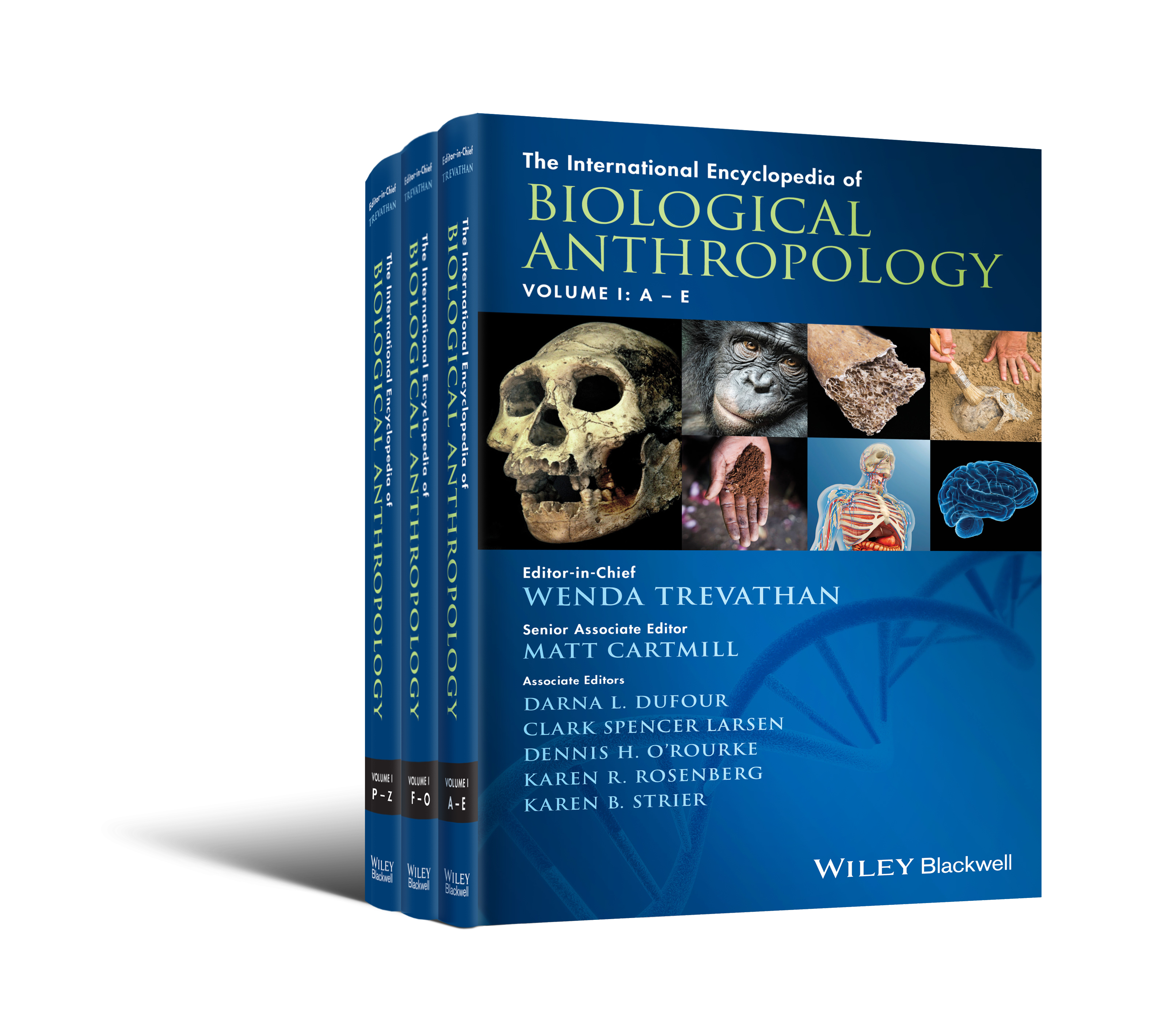Adaptation
Abstract
The concept of adaptation, or the adjustment of an organism to its environment, is a fundamental property of all living forms. In humans, a genetic adaptation, which provides a relative benefit to an individual, is likely to be selected and retained to provide an evolutionary advantage. Other forms of phenotypic adaptation reflect the plasticity in individuals, through either developmental adaptation or short-term adaptation resulting from homeostatic regulatory mechanisms in the body. Environmental stress arises from all kinds of human experiences, where either physical or social environmental stressors will cause a deviation from homeostasis and elicit responses that can be adaptive. Traditional models of environmental stressors leading to stress and leading, in turn, to adaptive responses may not be realistic under modern conditions of social disparities, warfare, and mass intercontinental migrations. Increased world population, global climate change, international conflict and warfare, and widespread losses in biodiversity will present dramatically new stressors requiring novel adaptive patterns for our species.



